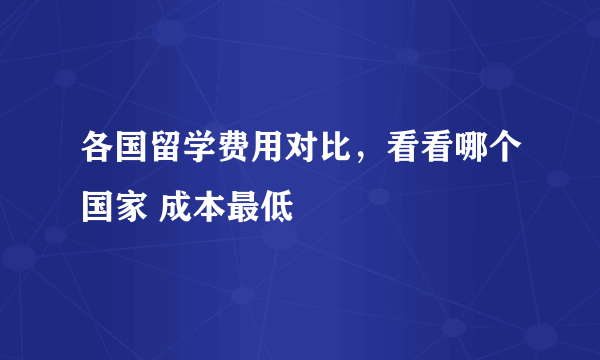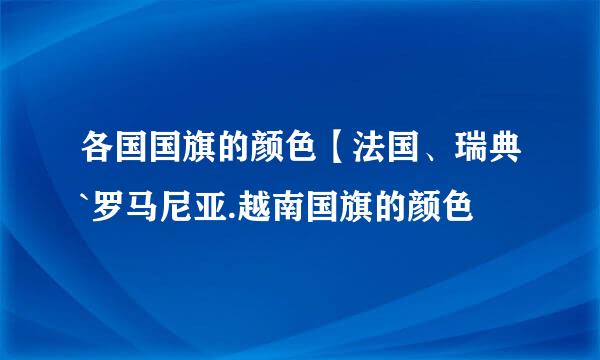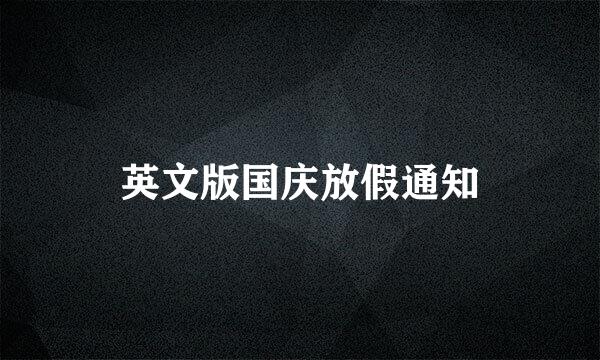1,英国,新年民俗
On New Year's eve in England, the family must have wine in the bottle and meat in the cupboard.
(英国人在除夕这一天,家里必须瓶中有酒,橱中有大信厅肉。)
They believe that if there is no wine and meat left, the next year will be poor.
(他们认为,如果没有余下的酒肉,来年便会贫穷。)
In addition, Britain also popular New Year "well water" custom.
(除此之外,英国还流行新年“打井水”的风俗。)
People strive to be the first to draw water, think that the first water is a happy person.
(人们都争取第一个去打水,认为第一个打水人为幸福之人,打来的水是吉祥之水。)

2,法国,新年民俗
French people think that the weather on New Year's Day is a sign of the new year.
(法国人认为元旦这天的天气预示着新一年的年景。)
Easterly wind, fruits harvest year.
(刮东风,水果的丰收年。)
A harvest year of westerly winds, fishing and milking.
(刮西风,捕鱼和挤奶的丰收年。)
It's a windy and rainy year.
(刮南风,风调雨顺的一年。)
When the north wind blows, the harvest year falls short.
(刮北风,则是欠收年。)
3,西班牙,新年民坦尺俗
On New Year's Day, Spanish parents are especially "benevolent" and they will meet all the demands of their children.
(元旦这天,西班牙家长特别“仁慈”,他们会满足孩子的一切要求。)
They think that children's swearing, fighting and crying are bad omens.
(认为孩子们骂人、打架和哭啼都是不祥之兆。)
Meanwhile, most Spaniards carry a gold or copper coin for good luck.
(同时,大多数西班牙人身上会携一枚金币或铜币以求吉祥。滚隐)
4,比利时,新年民俗
The first thing belgians do on New Year's day is pay New Year's greetings to their animals.
(比利时人在元旦清晨要做的头一件事就是给牲畜拜年。)
Go to the cow, sheep and pet cat and dog side, solemnly greet them: happy New Year.
(走到牛羊以及宠物猫狗身边,郑重其事地向它们问候:新年快乐。)
5,德国,新年民俗
The Germans climbed into their chairs just before midnight on New Year's Eve and jumped out of their chairs as soon as the bell rang.
(德国人在除夕午夜新年光临前一刻,爬到椅子上,钟声一响,他们就跳下椅子。)
And throw a heavy object behind the chair, in order to show off the disaster, jump into the New Year.
(并将一重物抛向椅背后,以示甩去祸患,跳入新年。)
In addition, they will put some scales in their wallets, because scales are the mascot of the New Year, which indicates that money is rolling.
(此外,他们还会在钱夹里放几片鱼鳞,因为鱼鳞是新年吉祥物,预示着财源滚滚。)
参考资料来源:百度百科-风俗习惯



